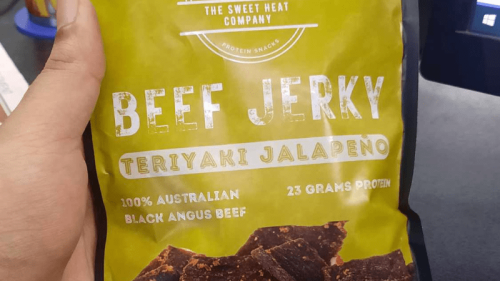IN as far as it highlighted one of Pakistan’s most difficult security challenges, the Supreme Court’s announcement on Karachi’s law and order problem is welcome. What more it will achieve, if anything, remains unclear. It is no small matter for the SC to declare that political parties are harbouring criminal elements, to name those parties and to state that the federal and Sindh governments have failed to protect the fundamental rights of Karachi’s citizens. While this is all common knowledge, it is now a matter of record noted by Pakistan’s highest court. The hearings also served as an independent forum bringing together various sources of information, where intelligence and security officials and various arms of the administration could air their observations and defend themselves and through which some evidence, such as the joint investigation team reports, came to light. In doing so it provided a broad overview of how and why violence in Karachi takes place. The SC has also placed on the record some potentially useful solutions, although many of these have been widely discussed for years with no implementation.
Ultimately, however, the announcement could have been bolder. It does call for the creation of a committee to ensure action against those disturbing the peace, but asks for few other monitoring mechanisms. Many of the prescriptions are not time-bound. Depoliticising the police and deweaponising the city, for example, are massive and controversial undertakings that will likely end up being ignored or delayed by those in power at the federal, provincial and city levels who the announcement itself acknowledges are part of the problem. The same goes for other prescriptions such as formulating a law against land-grabbing, prohibiting shutter-down strikes, eliminating ‘no-go’ areas and rezoning police stations. No instruction has been given to the executive to initiate cases as soon as possible against those whose confessions are part of the JIT report.
The reaction of the political parties named in the judgment has been an unsurprising indicator of what might follow, given that it is not in any of their interests to accept blame. Two of the parties involved in much of the violence have embraced the judgment despite its accusations against them, positioning themselves as champions of peace in Karachi while refusing to acknowledge the presence of criminal elements in their ranks. Others have objected to accusations of criminality. The fundamental challenge in the way of solving Karachi’s violence remains the same: regardless of what even the SC might prescribe, the city’s dynamics mean that only the parties’ collective will can help make it a safer place.









































Dear visitor, the comments section is undergoing an overhaul and will return soon.